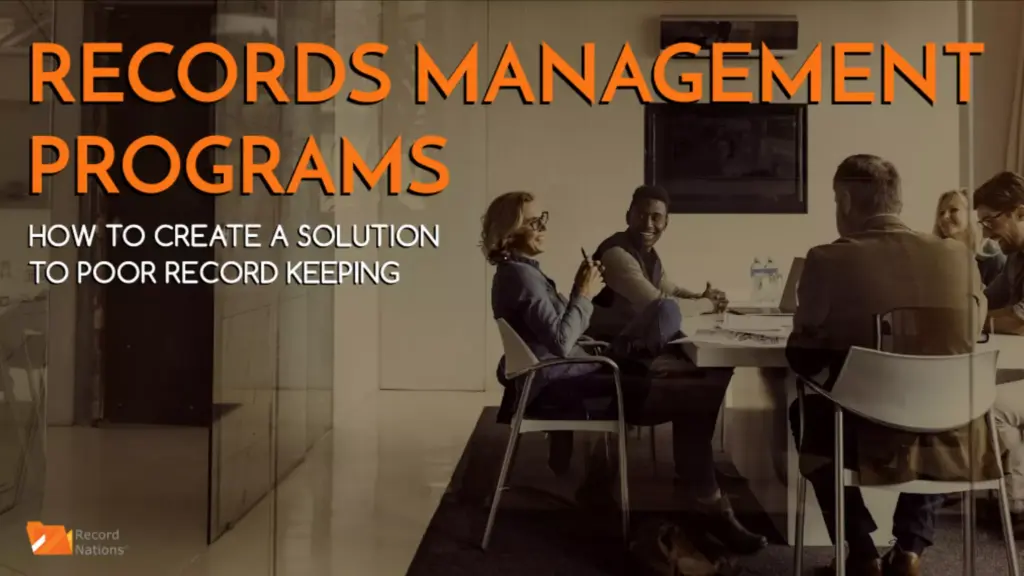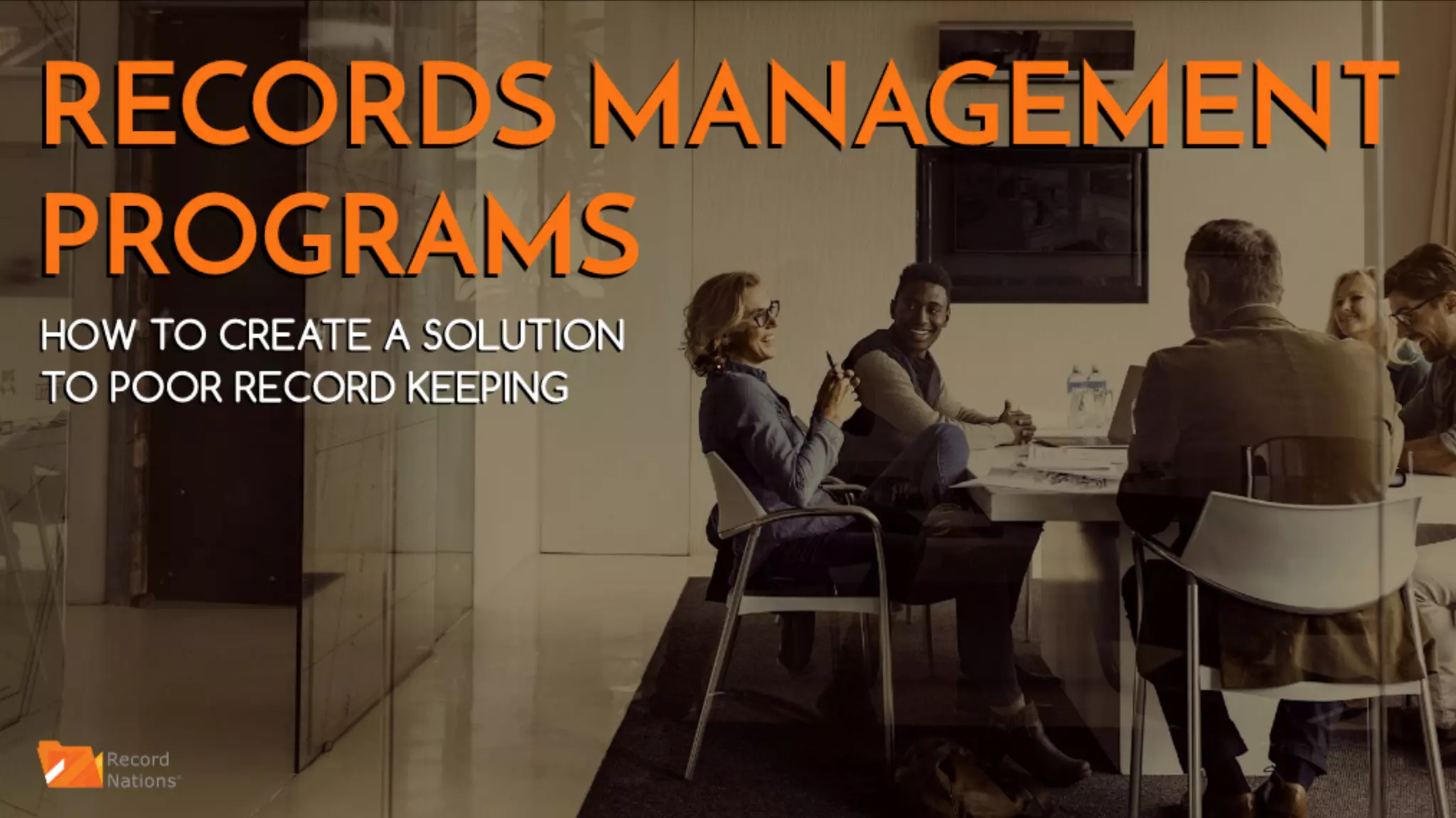
Streamline Your Operations with the Best Record Keeping Programs
In today’s fast-paced business environment, efficient record keeping is no longer optional – it’s essential. Robust record keeping programs are the backbone of sound financial management, legal compliance, and informed decision-making. From small startups to large corporations, the ability to accurately and securely manage data is critical for success. This article will explore the importance of record keeping programs, examine the features to look for, and highlight some of the leading software solutions available today.
The Importance of Effective Record Keeping
Why is effective record keeping so vital? The benefits extend far beyond simply having organized files. Here are some key reasons to invest in a quality record keeping program:
- Financial Management: Accurate records provide a clear picture of your financial health, allowing you to track income, expenses, and profitability. This is crucial for budgeting, forecasting, and making sound investment decisions.
- Legal Compliance: Many industries are subject to strict regulations regarding data retention and reporting. A reliable record keeping program helps ensure you meet these requirements, minimizing the risk of fines or legal action.
- Audit Readiness: When it comes to audits, having well-organized and easily accessible records is paramount. A good record keeping program simplifies the audit process, saving you time and stress.
- Improved Decision-Making: Data-driven decisions are more likely to be successful. With accurate and comprehensive records, you can identify trends, analyze performance, and make informed choices about the future of your business.
- Enhanced Operational Efficiency: Streamlined record keeping processes free up valuable time and resources. By automating tasks and centralizing data, you can improve overall efficiency and productivity.
Key Features to Look for in a Record Keeping Program
Not all record keeping programs are created equal. When evaluating different options, consider the following features:
- User-Friendliness: The software should be intuitive and easy to navigate, even for users with limited technical skills. A clean interface and clear instructions are essential.
- Customization: The ability to customize the software to meet your specific needs is crucial. Look for options to tailor fields, reports, and workflows.
- Security: Data security is paramount. Choose a record keeping program that offers robust security features, such as encryption, access controls, and regular backups.
- Integration: The software should integrate seamlessly with other business systems, such as accounting software, CRM systems, and project management tools.
- Reporting Capabilities: Comprehensive reporting features are essential for analyzing data and tracking performance. Look for options to generate custom reports and export data in various formats.
- Scalability: Choose a record keeping program that can grow with your business. The software should be able to handle increasing volumes of data and users.
- Customer Support: Reliable customer support is essential in case you encounter any issues or have questions. Look for providers that offer multiple support channels, such as phone, email, and online chat.
Leading Record Keeping Programs on the Market
Now that you know what to look for, let’s examine some of the leading record keeping programs available today. These solutions cater to a variety of industries and business sizes:
Cloud-Based Record Keeping Solutions
Cloud-based solutions offer several advantages, including accessibility from anywhere, automatic backups, and reduced IT costs.
- Zoho Records: A comprehensive suite of business applications, including a robust record keeping program. Zoho Records offers a wide range of features, including customization, reporting, and integration with other Zoho apps.
- Google Workspace (formerly G Suite): While not specifically a record keeping program, Google Workspace provides a suite of tools that can be used for effective data management, including Google Drive, Google Sheets, and Google Docs. Its collaborative features are especially useful.
- Microsoft 365: Similar to Google Workspace, Microsoft 365 offers a suite of applications, including OneDrive, Excel, and Word, that can be used for record keeping. The integration with other Microsoft products is a major advantage.
Specialized Record Keeping Software
Some industries require specialized record keeping programs to meet specific regulatory requirements or operational needs.
- Construction Record Keeping Software: Solutions like Procore and Buildertrend are designed specifically for the construction industry, offering features such as project management, document control, and compliance tracking.
- Healthcare Record Keeping Software: Electronic Health Record (EHR) systems like Epic and Cerner are essential for healthcare providers, ensuring compliance with HIPAA regulations and facilitating efficient patient care.
- Legal Record Keeping Software: Practice management software like Clio and MyCase help law firms manage client information, track billable hours, and ensure compliance with legal ethics rules.
Implementing a Record Keeping Program: Best Practices
Choosing the right record keeping program is only the first step. To ensure its success, it’s important to follow these best practices:
- Develop a Clear Record Keeping Policy: Define what types of records need to be kept, how long they should be retained, and who is responsible for managing them.
- Train Your Staff: Ensure that all employees who will be using the record keeping program are properly trained on its features and functionality.
- Establish Standardized Procedures: Implement standardized procedures for data entry, storage, and retrieval to ensure consistency and accuracy.
- Regularly Back Up Your Data: Protect your data from loss or corruption by regularly backing it up to a secure location.
- Monitor and Evaluate Your Program: Continuously monitor and evaluate your record keeping program to identify areas for improvement and ensure it continues to meet your needs.
The Future of Record Keeping Programs
The field of record keeping programs is constantly evolving. Emerging technologies like artificial intelligence (AI) and blockchain are poised to transform the way we manage and secure data in the years to come. AI can automate tasks such as data entry and analysis, while blockchain can provide a secure and transparent ledger for tracking transactions. As these technologies mature, they will likely play an increasingly important role in record keeping.
Conclusion
Investing in a robust record keeping program is a strategic decision that can pay dividends in the long run. By streamlining your operations, improving compliance, and enhancing decision-making, you can position your business for success in today’s competitive landscape. Take the time to evaluate your needs, research different options, and implement a program that meets your specific requirements. With the right record keeping system in place, you can unlock the full potential of your data and drive your business forward. [See also: Data Management Strategies] [See also: Choosing the Right Software for Your Business] [See also: Cybersecurity Best Practices for Small Businesses]

